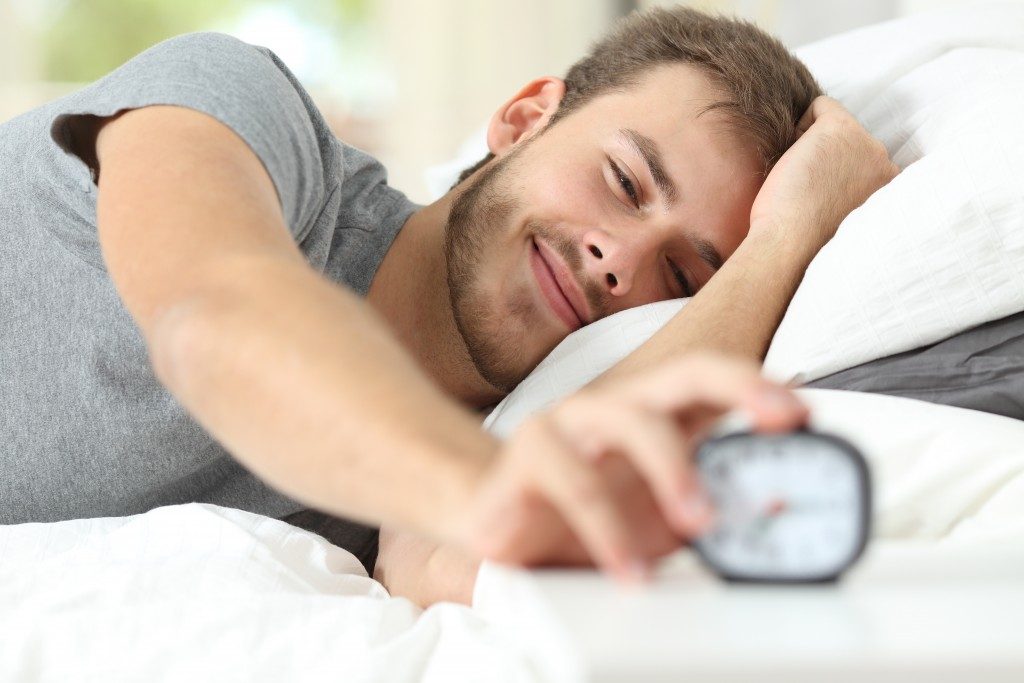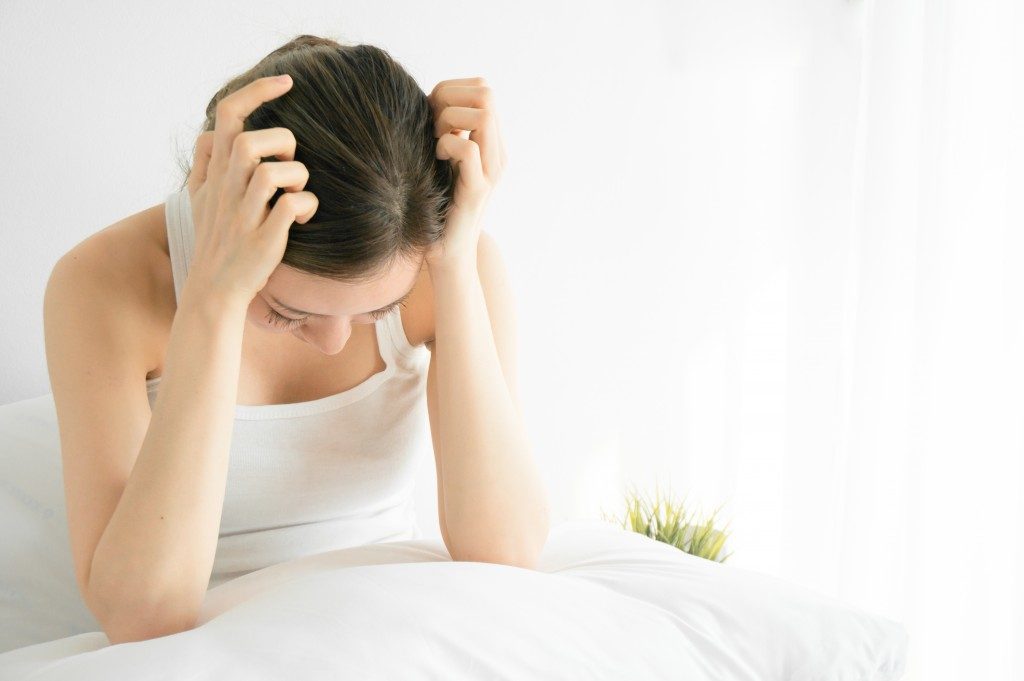Sleep is supposed to make you feel refreshed and recharged. But if all you do in the morning is figure out how you can shake off the grogginess and pull yourself up from bed, there might be an underlying problem you need to address.
Here are possible reasons you’re always waking up exhausted even after a “full night’s sleep.”
You don’t get a “good” sleep
Yes, you may be getting seven to eight hours of rest, but if you’re spending less time at the stage of deep sleep, you can guarantee crankiness when you wake up. Now, what exactly is this deep sleep?
Deep sleep is the stage when the body does most of its recovery. It promotes cell regeneration. It repairs tissues and bones. It regulates blood sugar. This is when all the recharging and rebooting happens, which is what you need for waking up fresh in the morning.
Unfortunately, this sleep stage can be interrupted, say, by a sudden blast of light or a room that has gone warmer. When you’ve been woken up during this stage, don’t be surprised at the tired, groggy mood. The way to avoid this is to follow good sleep hygiene: prioritize cooling your room, turn off the lights and close your curtains, and use pillows that support your body.
Do note also that if you’re suffering from diabetes, Provo-based doctors say that it may be your blood sugar acting up that’s interfering with sleep quality, waking you up in the middle of the night.
You always hit the snooze
 The buzzing and ringing of the alarm isn’t the best sound to hear in the morning. But if you constantly hit the snooze every 5 minutes, you’re actually making it harder for you to wake up refreshed.
The buzzing and ringing of the alarm isn’t the best sound to hear in the morning. But if you constantly hit the snooze every 5 minutes, you’re actually making it harder for you to wake up refreshed.
Why? Well, as soon as the alarm goes off and you wake up, the brain stops production of the sleep hormone melatonin, and then switches on the release of cortisol. This gives you the boost to get up from your bed and go on active mode.
But when you constantly hit the snooze and return to sleep, all of these gets messed up, making your body confused as to whether you should be sleeping or waking. The result? You’re in that half-asleep, half-awake state, leaving you exhausted and groggy.
What do you then? Simple: don’t hit the snooze button. It’s tempting, yes, but one way you can avoid it is to place your alarm a bit far from your bed, where you’ll be compelled to get up as soon as it goes off. Set your alarm 10 minutes later than your supposed waking time also, so you have a mental note that you’ve already given yourself the grace period, so to speak.
You eat the wrong food
What you eat and drink before hitting the sack can keep you up at night and make you exhausted in the morning. Caffeine, for instance, stimulates and makes you alert, so drinking such will make it harder for you to either fall asleep or stay asleep. It might even be the reason for your frequent trips to the bathroom.
If you want to avoid sleep disruption, avoid drinking caffeine at least three hours before going to bed. Resist eating fried food as well, especially fatty snacks. It will take a longer time for your digestive system to process these than carbs and protein, so it will rob you of decent hours for rest and sleep, making you unrefreshed in the morning.
If you’ve been feeling all the more exhausted after a night’s slumber, remember that it may be due to interruptions in your sleep cycle, your snooze habits or your diet. Consult a doctor to know more about it.

